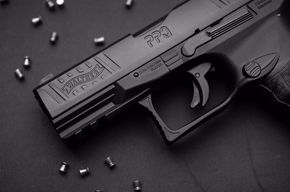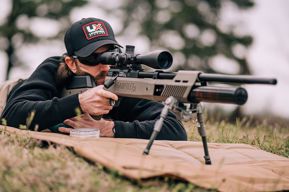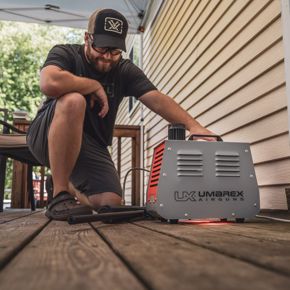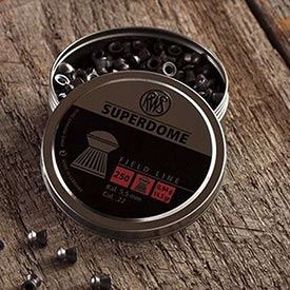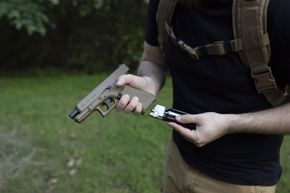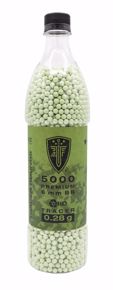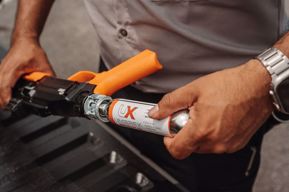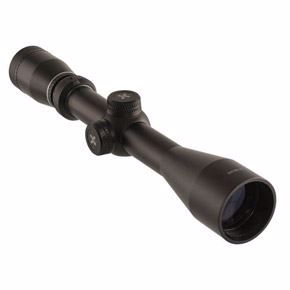Pre-Charged Pneumatics are and have been increasingly popular for the past decade. With each new airgun there’s always a list of specifications that are published. People like myself like to go straight to the specification section of any product. While the description is likely full of the same information as listed in the specifications, some initial questions can be answered by checking out the specs first.
With this said, and in regard to virtually any product category, those specs tend to grow over time. You know, more cup holders in your family wagon, longer battery life in your phone, and on and on. We have in the back of our mind the recent generation’s specs and also have an expectation on how those specs will change in the next generation.
With Pre-Charged Pneumatics, one spec in particular that airgunners look at is air cylinder volume. No doubt this is a critical feature, but it begs the question, is bigger always better?
Let’s expand on this topic for a moment.
Is Bigger Always Better?
Pumping a larger tank to 4,500 PSI is wonderful if, and it’s a big IF, you have an electric high pressure compressor. Pumping up a larger tank to 4,500 PSI with a hand pump isn’t impossible, but it is not fun. When the Gauntlet 3 was introduced about 4 years ago I took on the task of filling it all the way from zero PSI to 4,500 PSI. If my memory is correct, it was somewhere in the neighborhood of 650 strokes of the Hill pump I was using. Granted, the Gauntlet 2 being a .22 caliber, it didn’t consume an excessive amount of air with each shot, so this rifle can be maintained with a hand pump. A shooter would just need to be sure to top off the tank (at some pressure above the regulator pressure) that allows for several magazines to be shot and a reasonable number of pump strokes.
But if you have a larger caliber rifle, like the Gauntlet 30, you will find that it will consume much more air shot-to-shot than a .22 or .25 caliber rifle. Even though it has a bigger tank, you will certainly be better served by an electric pump.
Big bore air rifles? You know the answer to this. They have a big tank and they use a lot of air. This is definitely the territory of an electric high pressure pump.
Compactness and Strategery
So why would anyone want a PCP with a smaller tank? For starters, a smaller tank is, well, smaller. The overall volume and design of a rifle will figure into how the rifle handles. Case in point: the Umarex Notos.
The Notos weighs in at about 4.5 lbs. The barrel is 12 Inches long and it has a mere 66 CCs of air volume in its tank. The overall length 34 inches with the adjustable stock extended all the way.
With a larger cylinder the Notos becomes heavier. Not only heavier, but the weight distribution changes as well. Not to mention that it will take longer to fill should you be filling with a hand pump.
One of our newest offerings to the airgun market is the Zelos PCP. has a 250 CC tank which perfectly fits the profile and look of the rifle. Not to mention that it feels great on the shoulder and makes for easy attachment of a bipod. While not a huge tank, the Zelos tank is not overly small either. Topping off with a hand pump can be done in quick fashion if that’s the route you go.
The key to living with a hand pump is to refill more often, no matter what size your tank is. This will give you the best overall performance and you will always have a little more in the tank should you run into a situation where you can’t fill up right when you usually do. This could be a pump failure, or you forgot your pump at home, etc.
That’s it. That’s the simple logic on tank size and filling strategy. There’s not much to it, but maybe this blog will help you in scoping out your next airgun or pump purchase.
Happy shooting!
Mark Davis, avid outdoorsman, family man, and outdoors writer is the eCommerce Marketing Manager for Umarex USA.

